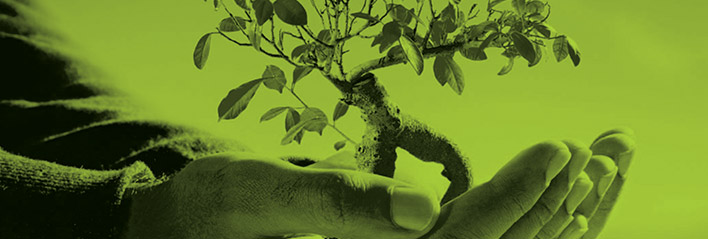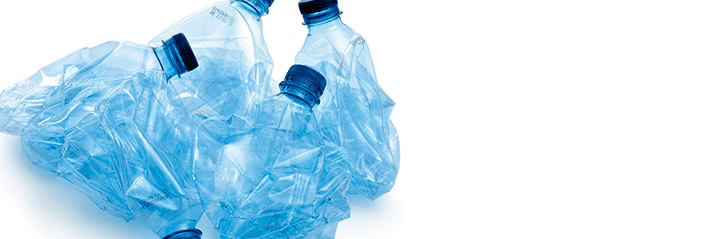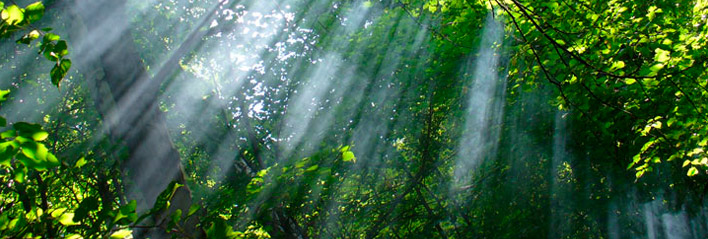Social-environmental responsibility programs of the chlor-alkali industry (*)
The chlor-alkali producers carry out or support various social and community programs related to the areas of education, environment and health.The chart below shows the major programs undertaken by the companies.
Braskem
Lagoa Viva Environmental Education Program
Started in 2001, in Pontal da Barra neighborhood, a community nearby the Chlor-Alkali industrial unit in Alagoas, Brazil, the program promotes workshops focused on environmental education and training to support income generation for the local population, through initiatives in the State’s public schools. Over the years, the program has significantly contributed to improve the quality of life of students, teachers and communities, representing an initiative of great importance for the region. Music, English, hydroponics, apiculture and post-graduate courses, among others, are some of the activities undertaken by the program.
Greenbelt Environmental Station
The Estação Ambiental Cinturão Verde, created in 1987, is an ecological reserve of 150 hectares, located in the restinga (sandbank vegetation) of Pontal da Barra neighborhood, between the Atlantic Ocean and Lagoa Mundaú lin Maceió - Alagoas state. The goal is to promote full development and natural reproduction of the local flora and fauna. The reserve has a total of 280 thousand seedlings planted, 200 plant species preserved and 400 species of Brazilian wildlife. Parallel to the training activities developed for beekeepers, through the “Pescadores de Mel” (honey fishermen) program, the “Propolis Vermelha de Alagoas” (red propolis from Alagoas) was discovered locally, a special type of propolis that was awarded the geographic identification stamp (origin designation) awarded by the National Intellectual Property Institute (INPI). Today it is one of the highest value-added products in the State’s Apiculture production arrangement. The Station is recognized by UNESCO and IBAMA (Brazilian Institute of the Environment and Renewable Natural Resources).
Unipar Carbocloro
Open Plant Program - an absolute success since its inception. Aimed at being an open and transparent communication channel between the plant and the community, this factory’s visiting program has already shown thousands of people what Unipar Carbocloro does and how it does it.
Besides getting to know the manufacturing process of the products and their use in our daily lives, visitors have the opportunity of seeing Unipar Carbocloro’s concern towards preserving the environment and ensuring the constant safety of its employees and of the population living around the plant. Until present, more than 96,000 people have visited the plant and the project was included in Sebrae’s Scientific Environmental itinerary, aimed at developing tourist spots in the cities of Santos lowlands.
Besides the Open Plant Program, Unipar Carbocloro annually promotes the Ecological Field Day with municipal schools - held during the Environment Week. The company also maintains since 2004 the Consulting Community Council, a group formed by community leaders with the objective of developing projects targeting health and safety of society and the environment, including Simulated Emergency Training and Environmental Education Programs like the river Volunteers project, for example. The Council also serves as an additional communication link between the company and the community. Carbocloro donates Sodium Hypochlorite to charities in the cities of Santos and Cubatão, aimed at contributing to improve the health of the population. The company also exclusively earmarks its Income Tax to Cubatão City Council for Children and Adolescents, among other initiatives.
Canexus
Projeto Anzol - In 2003, Canexus Brasil idealized the creation of a project in the community of Barra do Riacho, in Aracruz, with the intention of providing to residents qualification and income opportunities, education, cultural formation and community protagonism. To do so, it partnered with a local community action group (Ação Comunitária do Espírito Santo - Aces) that specializes in the third sector, to conduct initiatives based on the premise of teaching how to fish rather that giving the fish, thus providing the necessary conditions for the community to practice self-development, encouraging a movement of social transformation and valuing life. Throughout its presence in the region, this project has invested in residents’ potential, developing through several initiatives a learning experience that. raises academic achievement and self-esteem, generates income, promotes professional qualification, stimulates health and quality of life and allows each participant’s dream of being responsible for their own autonomy to come true.
Dow Brasil
Dow’s close relationship with its communities offed the Company the foundation to define the three pillars of performance in Corporate Social Responsibility for Latin America: Education, Environment and Entrepreneurship. Through strategic partnerships with non-governmental organizations, public agencies, scientific communities and educational institutions, Dow supports several social projects in Brazil and Latin America.
Among the 8 corporate social responsibility programs maintained by Dow in Brazil, reaching over 500,000 people, we highlight the Ecosmar (Matarandiba Solidarity Economy - Vera Cruz, Bahia), Ecopolis (Guarujá, SP), Jovens Embaixadores (Young Embassadors, São Paulo) and Conexão Jovem (Youth Connection, Candeias - Bahia).
Besides benefiting a large number of people through social projects, Dow also understands that the main way to contribute towards the community’s success is through voluntary work. This vision allowed creating the SolidariDow, a program that gathers all the voluntary activities and donations so that employees can participate more actively in the communities’ lives.
Produquímica – Unidade Igarassu
The facilities at Produquímica - Igarassu unit, are located in the city of Igarassu since its foundation in 1958, always interacting positively with the community. However, in recent years it has sought to uncover the needs of the State of Pernambuco and the unit’s region, awakening to the importance of community action. Among other activities, the company conducts educational lectures on the importance of sanitary hygiene in schools, communities and city halls, besides helping to combat cholera through Sodium Hypochlorite donations to city halls, clubs, schools, hospitals, homes for the elderly and orphanages. It also maintains an Open Factory program for the entire community.
Pan-Americana
Pan-Americana develops several assistance programs favoring 26 residents associations in the region located around their industrial units, where the local communities are its main partners. These communities actively participate in decisions concerning the company’s social initiatives.The priorities in relation to social projects and social works are defined in the monthly meetings between the company’s board and community leaders, endorsing a successful “open door” policy.
The agenda includes participation in the residents associations’ social, cultural and sports projects, besides permanent aid to public institutions such as municipal schools, child daycare and other community centers, through distribution of food, medicines, sanitary products, social aid, repair and urbanization works, among other assistance initiatives.
Solvay Indupa do Brasil
Solvay Indupa develops various social-environmental education projects together with the community neighboring the factory, among which we mention:
• “Chemistry and Nature” program - with initiatives in the areas of environmental education, sports, culture and generation of jobs and income, including the following projects:
• “Enjoy Chemistry and Nature” - social and environmental education program created in schools where cinema is used as the primary tool to incite reflection among students concerning local social-environmental issues.
• “Sierra Fibers” - project created with a focus on generating jobs and income through production of handcraft objects made of straw and fiber from the banana tree by the community around the factory.
• “Skatescola” - this project aims at fostering the practice of sports as a means of exercising citizenship and human development.
• “Water and Citizenship” - aimed at improving the quality of life of the populations affected by drought in the rural semi-arid zones of Brazil.
• “Open Doors” - visitation program to the factory’s facilities receiving an average of 900 visits per year.
• “Solidary Recycling” - project created in 2003 for the environment day encourages Solvay’s employees to practice selective collection of their household waste and bring it to the factory; the proceeds from the sale are reverted to the community.
• “Donation of Sodium Hypochlorite” - the product is used in the hygiene of hospitals, schools and to control epidemics like dengue and has been donated by Solvay for more than 15 years.
• “Young Citizen” - project in partnership with the Federal Government to encourage the inclusion of young people in the labor market.
• “Hands on” - professional training program developed in a partnership with Senai.
• “Best Age and the Environment” - environmental education project created for third age citizens aimed at forming environmental agents among the elderly.
Abiclor
Abiclor undertakes various social and environmental responsibility programs. Among the main programs we mention the “Chlorine avoids cholera”, “Turma da Monica Magazine - Good Drinking Water,” “Chemistry Olympics” and “Clean Pool Project”.
The “Health Begins at Home” program is conducted in partnership with Sinproquim, Unipar Carbocloro, Solvay Indupa and Indústrias Químicas Anhembi. This program assists needy families who have children hospitalized with chronic diseases at the Santa Casa de Misericórdia de São Paulo.
(*) For further information, visit the websites of the companies listed at the end of this report.
Annual Report 2014




